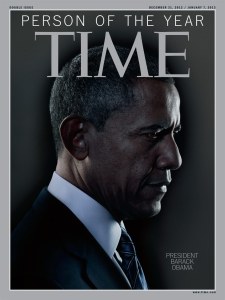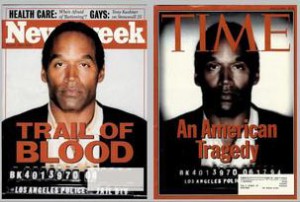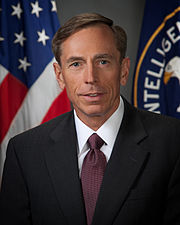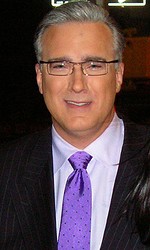
Gimme a break.
Remember Y2K?
I rang in the year 2000 in a windowless Wall Street bunker, part of a multidisciplinary rapid-response team standing by to spring into action and muster resources from across the company in the event of a disaster anywhere in the world.
I performed this solemn duty while playing video games on my laptop. I also practiced with a putter and golf ball someone else had brought. Every three hours the team assembled for a scheduled conference call with the company’s smaller command centers around the world, giving everyone a chance to tell jokes.
All this comes to mind, of course, during the breathless countdown to the so-called “fiscal cliff.” Wolf Blitzer shows off the ticking clock every afternoon on CNN, and there are competing websites where you can get your own ticking clock widget for your blog or website. Please don’t.
Here’s Rex Nutting of the Wall Street Journal‘s MarketWatch.com to put it into perspective:
In truth, nothing much will happen to the economy on Jan. 1 or Jan. 2 or Jan. 3, despite the expiration of tax cuts and the automatic reductions in federal spending. … The fiscal cliff is a misleading metaphor. The laws will change on that day, it’s true, but the impact will be spread out over many, many months. In fact, the effects are already being felt, particularly in financial markets. Businesses, investors, workers and consumers have begun to prepare for the changes, and that’s caused the economy to slow a bit already.
It’s not a Niagara Falls, with billions of gallons going over a cliff. It’s more like a bathtub slowly filling up. And, on Jan. 1, it’s going to spill over the edge. Eventually, it will flood the house, but that’ll take time.
Hey Rex, tell it to whoever put a countdown clock on your own website’s homepage! Mercifully, the countdown craze for this manufactured crisis has not yet spread as widely as the craze for the last manufactured crisis — the debt ceiling struggle in 2011. Here’s my take on that countdown:
Much of the news media is guilty of malpractice for pretending that August 2 was a consequential deadline. The cable news networks and even the Washington Post had clocks ticking down the number of hours and minutes until midnight August 2, sometimes labeling those clocks as a countdown to default. But if the clock had struck midnight without a deal in place, the awful consequences would have been… absolutely nothing.
The country would continue to pay most of its bills, including all of its debt-servicing bills, through the time-honored business practice of “maturing their payables†— making some creditors wait. The next major step would be a partial shut-down of government, which certainly would have ratcheted up the drama. But we were weeks away from any danger of default.
This countdown is perhaps slightly more real than the debt ceiling because at least it ends on a date where something actually will happen, whereas the deadline for the debt ceiling was an estimate pulled out of Tim Geithner’s ear three months in advance.

The U.S. Chamber of Commerce jumped on the countdown bandwagon early, but to their credit they’re not displaying it now.
As a commenter pointed out in my previous post, the January 1 deadline was created by an act of legislature, and the same legislature can vote at any time to stop the clock or overturn the law altogether. If the President and the House Republicans don’t reach a deal before January 1, both sides will begin discussing plans to undo much of the damage triggered by the law. Then the Republicans will have to fold their tent on the tax issue, unless they want to vote against a tax cut for the middle class.
One more Y2K memory: Later that holiday weekend, when I was off duty, someone found an actual problem to report! I got an urgent call at home from the communications person who was staffing the increasingly irrelevant command center. I was the intranet guy at the time, managing the corporate homepage for our far-flung internal website. On a locally managed site overseas (I forget where), the Y2K preparations had missed a problematic bit of code. A script had updated by adding 1 to the two-digit field for the year, resulting in an internal page dated January 1, 19100.
OK, I said. I’ll call them Monday.
.
 It’s no surprise, of course, that Barack Obama was named Time‘s Person of the Year. In presidential election years, the winner of the election has been named POY in 12 out of 22 times, including 9 of the last 13 and 4 of the last 4. (That’s original research; I counted them up myself. You’re welcome.)
It’s no surprise, of course, that Barack Obama was named Time‘s Person of the Year. In presidential election years, the winner of the election has been named POY in 12 out of 22 times, including 9 of the last 13 and 4 of the last 4. (That’s original research; I counted them up myself. You’re welcome.)









